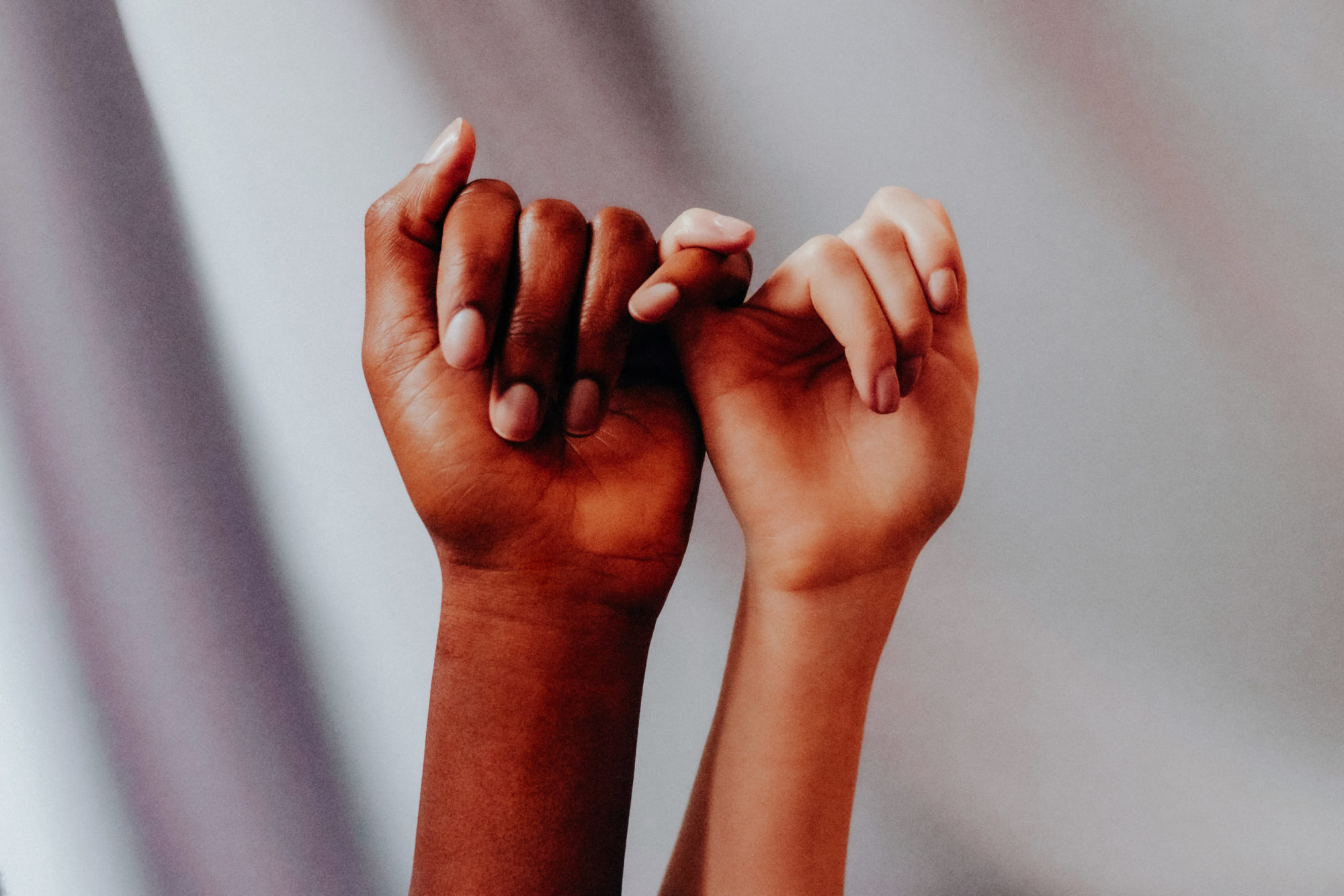There is a stark difference between the COVID-19 vaccination rates of western nations and their developing counterparts. While the U.S. and U.K. have full vaccination rates of roughly 40 percent and 35 percent respectively, both India and South Africa are hovering around 5 percent. This disparity lies in the restrictive nature of global intellectual property (IP) law.
The COVID-19 pandemic has caused tragedy and heartbreak for people around the world, and in March there was hope of countries working together to pool their resources and knowledge in order to make vaccines available for use in all countries. Instead, an arms race between countries to create a vaccine that could help them in ways other than protecting their people from the coronavirus.
U.S. Companies received public funding from the U.S and German governments to fund research and development for a COVID-19 vaccine. These companies are a part of the COVID-19 Vaccines Global Access (COVAX), the vaccine distribution wing of the Access to COVID-19 Tools (ACT)-Accelerator program launched by the World Health Organization (WHO). ACT Accelerator is a public-private partnership established in early March 2020 as an attempt to decide how vaccine distribution would be structured.
COVAX protects the IP laws of COVID-19 manufacturers, making it illegal for less developed countries to manufacture U.S and European vaccines. These manufacturers are partnered with the ACT-Accelerator program, which is largely staffed by employees of the Gates foundation. Bill Gates himself holds a firm stance on global health approaches which prejudices exclusive IP rights over other, more open models of distribution, something reflected in COVAX’s distribution model. As members of COVAX, vaccine manufacturers have complete control over their vaccine IP. This in turn prohibits other countries from developing their own vaccines based on the formulas created by these companies.
COVAX’s model of exclusive IP vaccine protection rather than a shared system of global vaccine production has left many countries without vaccines and continued COVID-19 outbreaks. COVAX also has not met their own goal of 100 million doses world-wide by March; it has only distributed about 71 million as of May 25. In late April and early May, India was averaging at about 300,000 newly reported cases of COVID-19 per day. These cases are partly due to India not being able to legally manufacture the vaccine formulas created by western countries.
The immediate solution to these problems seems to be for Biden to continue discussions at the World Trade Organization (WTO) to waive COVID-19 vaccine IP restrictions. The Biden administration has announced that they will send 20 million doses to other countries. While this is a good step, more doses would be necessary to make a significant difference with COVID-19 relief. If developed countries continue to not adequately help with vaccine distributions and these restrictions are only waived and not abolished, global health care will continue to be a monopoly.
To add to the steps towards global vaccine equity Anusha laid out in her article, either global vaccine IP law should be suspended, or IP pools between countries should be established. One potential solution is a patent pooling program reminiscent of the Unitaid program. This program helped developing countries produce lifesaving drugs for AIDS, tuberculosis and more. It is programs like Unitaid which point towards a future where global health crises like COVID-19 will not be exacerbated by the desire to profit off of tightly held intellectual property. Countries like India and South Africa would be able to freely manufacture their own vaccines and medicines with openly shared knowledge. Such a future would make it possible to radically reduce the disparity in access to life-saving medicines between western, developed countries and developing ones.
As COVAX’s lax requirements on the WHO providing less developed countries vaccines shows, the model of global medicine is predicated upon western export of life-saving medicines. This is why Bill Gates and others within the industry have such a strong opposition to it. Any equitable model for medicine distribution in the future will need to put profits behind moral consideration. Perhaps nations like India and South Africa will be able to gain independence from western medicine’s hold on medicine manufacture.
However, if developed countries continue to prevent the production of lifesaving medications and vaccines, there will continue to be a disparity between vaccine distribution and global health outcomes. Until the ownership of IP is expanded or restrictions are waived, neither COVID-19 nor future global health crises will be dealt with equitably.
- How Amazon Harms Your Local Government - January 31, 2022
- How Does Amazon, LLC Affect the Amazon Rainforest? - January 3, 2022
- Why Doesn’t Amazon Have Unions? Insider Labor Organizing at One of America’s Largest Companies - December 26, 2021
